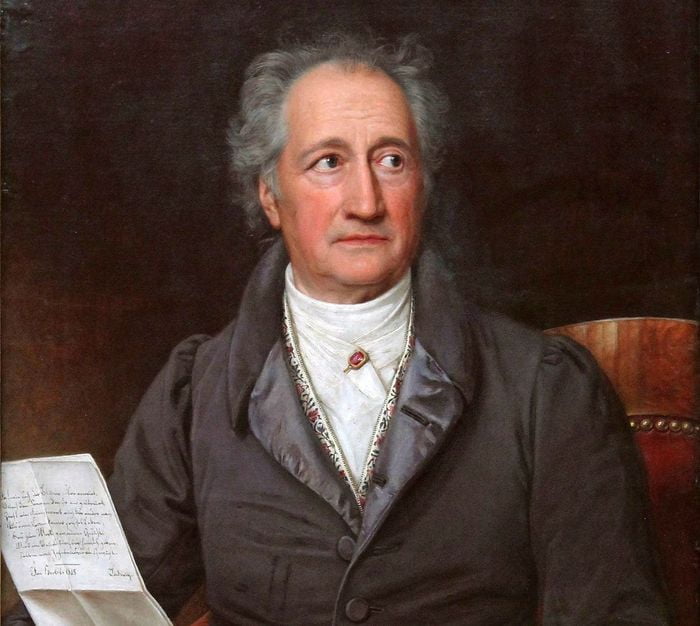Biblical Literature
It is not surprising that the stories scattered so profusely through the Bible, the Apocrypha, and the Talmud, should be mostly moral tales. They were told in order to illustrate a theological or ethical contention or law, to glorify the race or nation to which the teller belonged, to attract and hold the interest of the listener. All of them were related by Jews, and all, even the parables of Jesus, bear the imprint of the Oriental imagination. The stories of Ruth and Susanna, from the Old Testament and the Apocrypha, are the earliest examples in this little group of Biblical tales. Ruth is the type of story that could easily be expanded into a novel, while Susanna conforms more exactly to the modern conception of what a short story ought to be. These two have been chosen from a great storehouse of prose narrative, which was designed in the first place to appeal to simple-minded shepherds and tradespeople.
In the New Testament we find among many other beautiful stories the parables. These are in reality fables, told by Jesus for exactly the same reason that the fables of Tisop or of Phsedrus were told, to drive home a moral lesson. If Jesus spoke his parables exactly as they are written, he must be accounted one of the world`s greatest artists. The Prodigal Son is a perfect model of the short story. The other tale included here, The Raising of Lazarus, though somewhat longer and more diffuse, is no less perfect.
The Talmud, which is the orthodox Jewish commentary on the Old Testament, bristles with short moral tales. To develop the art of the Jewish short story would necessitate tracing it from the earliest chapters of the Old Testament, through The Talmud, with all its accumulation of commentary upon commentary, through a long period of oral tradition up to modern times. There are still sporadic writers in the Hebrew language, though for the most part the modern Jewish writers (when they have not, like Israel Zangwill, written in the language of the country of their adoption) have employed the modern Yiddish dialect.
The literature of the New Testament (which was written in late Greek) is difficult to classify. It is Jewish, of course, but permeated by a distinctly non-Hebraic spirit. The influence exerted by the narratives of the New Testament has been enormous, but it is rather religious and theological than artistic. The spirit of this literature has penetrated the thought, life, habits and art of the entire Occidental world.
The Jewish Mother
From The Talmud
0nce upon a time a Jewish mother together with her seven sons suffered martyrdom at the hands of the Emperor. The sons ordered by the latter to do homage to the Imperial idols, declined, and justified their disobedience by each quoting a simple text from the Scriptures. When the seventh was brought forth, it is said that Osar for appearance sake, offered to spare him if he would only stoop and pick up a ring from the ground which had been dropped on purpose.
Aias for thee oh, Caesar!” replied the boy; “if thou art so zealous for thine honor how much more so ought we to be for that of the Holy One— blessed be He!” When he was led away to the place of execution, his mother begged and obtained leave to give him a last kiss.
For, my child, she said, “and say to Abraham, Thou didst build an altar, for the sacrifice of one son, but I have raised altars for seven sons, then she turned away and threw herself headlong from the roof and died. The echo of a voice was heard exclaiming, “The joyful mother of children.”
Read More about Melnik – beauty, emotions, antiquity








